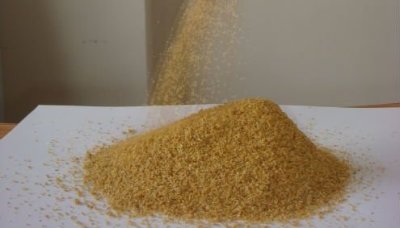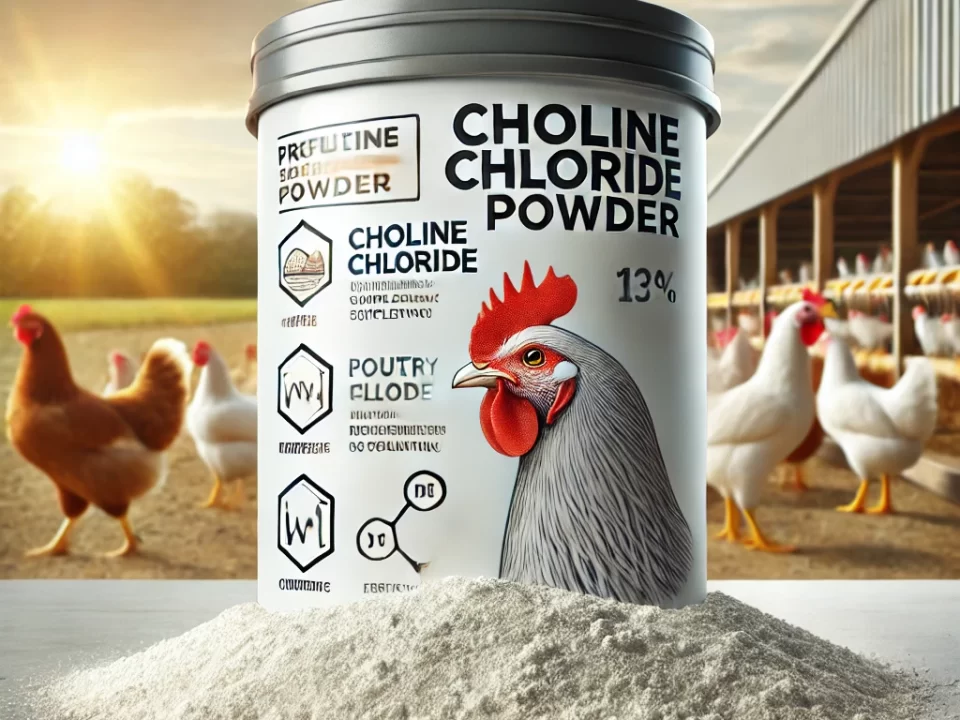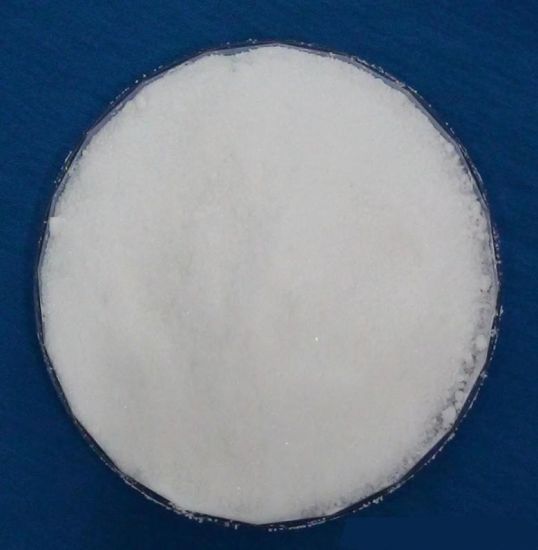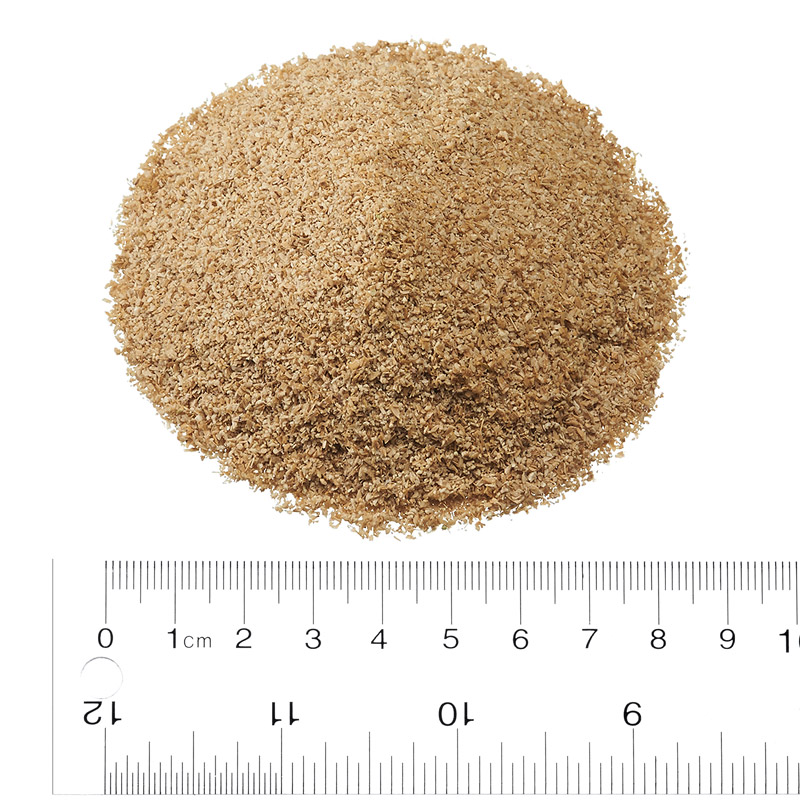Poultry Feed grade : CHOLINE CHLORIDE CORN COB, 60%

Allicin Powder feed grade, 25% ,15% ANIMAL FEED
September 26, 2016
choline chloride crystal, 98%, C5H14ClNO
September 28, 2016Product Description
For animal feed additive
Stimulate the animal growth
Improving the quality and quantity of eggs and meat
Application
Many animals, such as poultry, livestock and fish have heavy requirements to choline. Choline prevents fat accumulation and denaturation of liver and kidney as well as perosis. Its shortage will result in a retarded growing, uncoordinated movements, and poor fertility.
Adding choline in the bait of all kinds of fish and shrimp, the growth of fish and shrimp will be accelerated, thus high yielding will be obtained.
|
Cas Number |
EINECS Number |
|
Choline Chloride |
min. 60.0 |
|
Carrier |
Vegetable |
|
Moisture |
max. 2.0 |
|
Fineness |
>95% |
|
Density |
+/- 500 Kg/m3 |
|
Texture |
Medium Fine |
|
Certifications |
ISO 9001 | |
|
Packing Options |
Net 25 kg bags, |
|
Standard Packing |
Plastic woven bags |
CHOLINE CHLORIDE CORN COB is a member of the B-complex group of water-soluble vitamins. It is an essential factor in the normal development and health of animals and is necessary for maximum growth of most animals. As a part of the molecular structure of
phospholipids, it is concerned with the mobilization of fat in the body. In the absence of CHOLINE CHLORIDE CORN COB there is an abnormal accumulation of fat in the liver. In conjunction with certain other dietary factors, CHOLINE CHLORIDE CORN COB will prevent the occurrence of perosis (slipped tendon) in chicks and turkeys. CHOLINE CHLORIDE CORN COB is involved in the composition of the lecithin molecule.
It is also involved in the synthesis of phospholipids, sphyngomyelins and glycine. CHOLINE CHLORIDE CORN COB is essential for the formation of acetylcholine, a compound that makes possible the transmission of nerve impulses. As a donor of methyl groups for
transmethylation reactions, CHOLINE CHLORIDE CORN COB plays an important role in many physiological processes. CHOLINE CHLORIDE CORN COB can supply methyl groups to homocysteine for the formation of methionine.
In poultry, the deficiency is characterized by a fatty degeneration of the liver, a reduced growth rate, perosis, and in mature
birds, a decrease in egg production and hatchability. In swine, a deficiency results in a reduced growth rate, uncoordinated
movements, reduced number of total and live pigs per litter, fatty degeneration of the liver and kidney damage.
Corn and other grains are poor sources of this vitamin. For this reason, practical diets for poultry and swine must be
supplemented with Choline. The most common source of CHOLINE CHLORIDE CORN COB for poultry and swine diets is CHOLINE CHLORIDE CORN COB chloride.
The dietary requirement of poultry and swine for CHOLINE CHLORIDE CORN COB depends upon such factors as the growth rate, rate of egg production, and nutrient composition of the diet, environmental factors and daily feed intake.





